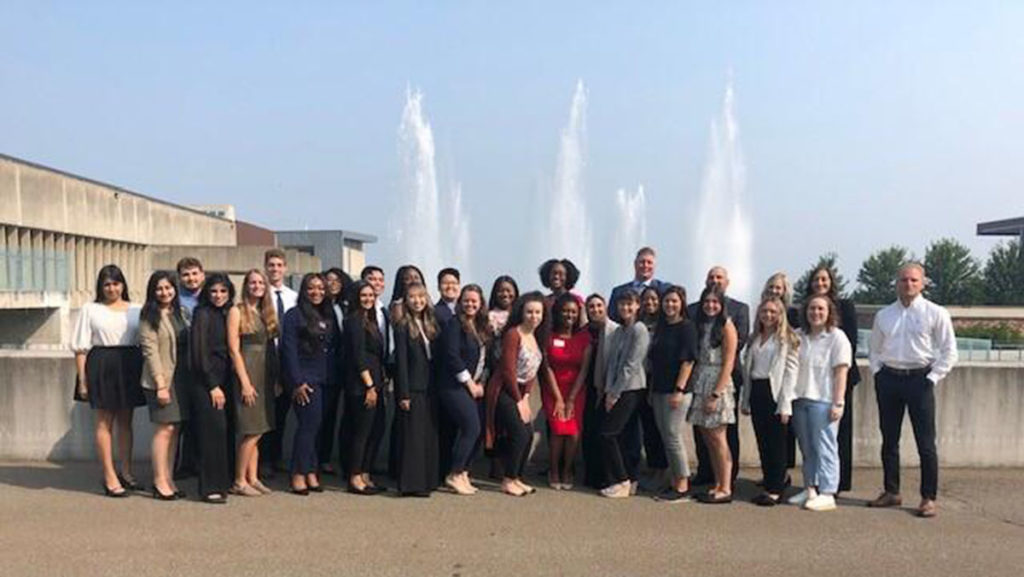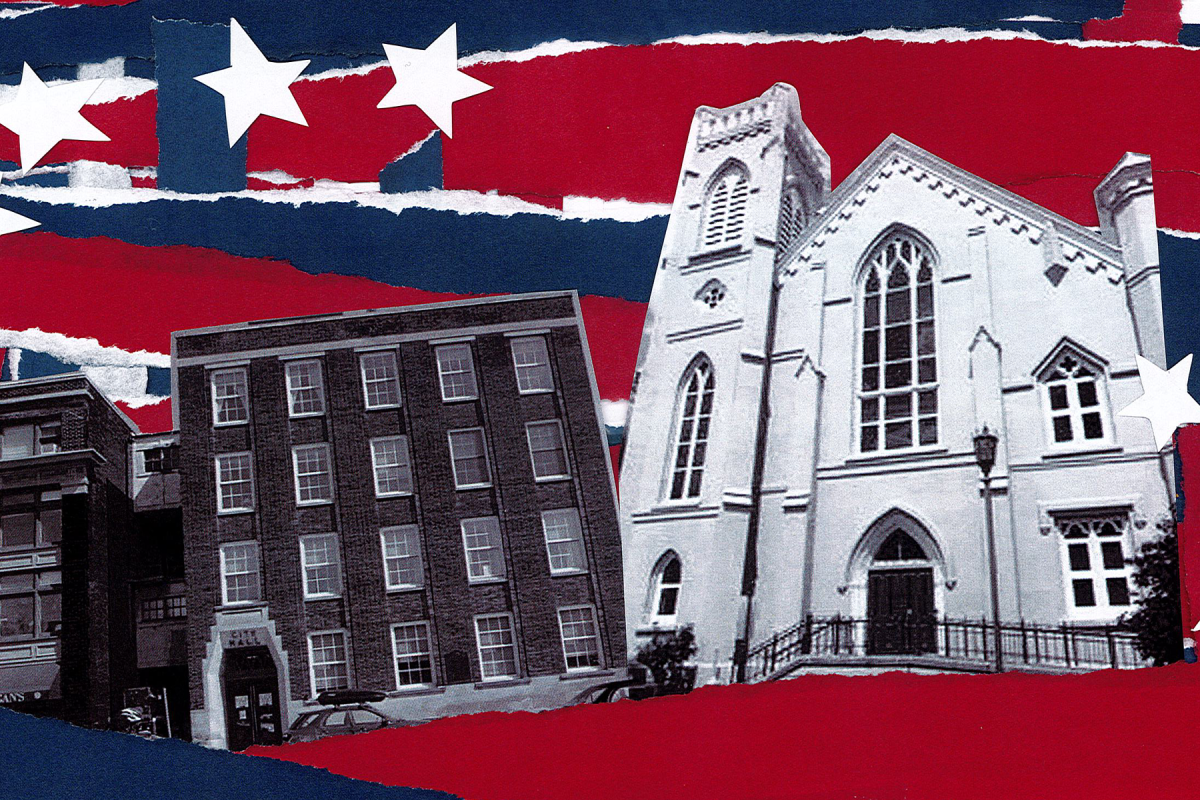Ithaca College has welcomed its inaugural cohort of students into its newly created Master of Science in Physician Assistant (PA) Studies Program for the fall semester.
Offered by the college’s School of Health Sciences and Human Performance (HSHP), the PA program was officially launched in Spring 2021 and has received provisional accreditation from the Accreditation Review Commission on Education for the Physician Assistant (ARC-PA) and approval from the New York State Education Department, according to an announcement from the college.
The program is 27 months long and is designed for college graduates interested in pursuing health careers. PAs are medical professionals who often act as a principal healthcare provider in collaboration with physicians for patients, the announcement stated.
The first cohort consists of 30 students and classes will continue to expand until the program is at its full capacity of 50 students per cohort, the announcement stated.
Dr. Susan Salahshor, assistant professor and founding program director of the PA program, said the PA program fits into Ithaca Forever — the five-year strategic plan created by former President Shirley M. Collado — because it supports HSHP’s priority to expand the interprofessional teams available in the community.
“The vision of the PA program is to create competent health care providers that are leaders through service to others employing innovative tools and resources to meet the needs of the community and increase the diversity of the healthcare profession by continuing to recruit a diverse class reflecting our patient populations,” Salahshor said via email.
Kari Brossard Stoos, associate professor and associate chairperson for the Department of Health Promotion and Physical Education, said she thinks the program will help evolve the interprofessional education opportunities offered by the college.
“The PA program adds new dimension and supports the goals of interprofessional education by bringing in additional members and perspectives to the teams,” Brossard Stoos said via email. “I think this program will reinforce IC as a top destination for educating future professionals in public health and health care because of the interprofessional approach to teaching and learning.”
Tynesha Taylor, first year PA student, said there are many barriers that prevent Black, Indigenous people of color students from applying to PA programs and that PA programs in general are very hard to get into.
According to a 2020 report done by the Physician Assistant Education Association (PAEA), on average, applicants to PA programs had applied for 2.2 years before being accepted.
“There is a lot more work that needs to get done in terms of increasing the number of black and brown PAs and to dismantle the obstacles that challenge many of them to be in such positions, but our cohort is a very diverse one and we are a wonderful group of learners,” Taylor said via email.
Taylor noted that the program puts emphasis on serving minority and underserved populations, which is an area she said she is personally very passionate about. She said the application for the program required two essays — one of which was based on the applicants’ experiences working with minority populations, the medically underserved, and rural communities.
“I’m not sure what the future holds for me, but I do know that eventually, I do want to return to my hometown in The Bronx and give back to my community and serve minority/underserved populations,” Taylor said via email.
Jacob Avery Maciel, first year PA student, said they hope to inspire other Latinx and people of color to become PAs.
“Being a second-generation Mestizo (Mixed) Mexican-American, this was an amazing opportunity to take part of history as being both Latinx and a Person of Color,” Avery Maciel said via email. “Additionally, I am the first in my family to attend graduate school and where I grew up it is statistically unlikely for someone to even go to college.”
Christina Minenna, first year PA student, said she wants to focus on becoming an equitable and compassionate healthcare provider.
“To me, this involves learning how to constantly be conscious of how a person’s health may be impacted by a multitude of factors that goes beyond their physiological makeup,” Minenna said via email. “I believe that IC’s PA program holds the values and priorities to allow me to develop/enhance these skills as I move through the program and become a PA.”
Brossard Stoos said she hopes the program will become a sustainable contributor to the healthcare system in the local Ithaca community.
“They will be future care providers contributing to ongoing discussions and strategies to address issues of access to care and equity in healthcare,” she said via email.
Taylor said that because the program is based on serving the Ithaca community, the students will be trained on serving rural populations.
“Being a provider in a rural setting means that we may be the only provider for a whole community, so we need to learn and be exposed to literally everything – whether that is learning how to suture, performing surgical procedures, delivering a baby, you name it, we are going to learn it,” Taylor said via email. “I know that being where we are and serving the community that we will be serving will set us apart from other PA students and that we will become a great, well-rounded bunch.”









